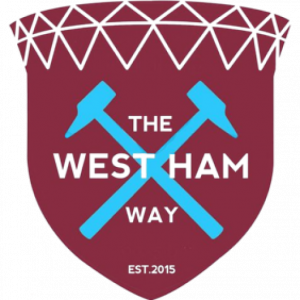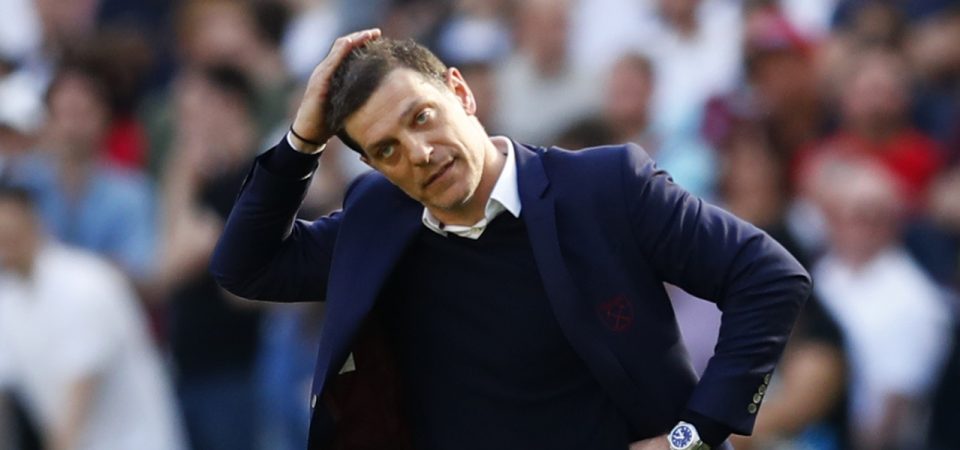Written by Steve Taylor
The disappointment of last season
West Ham United’s last season was one of sheer disappointment to their faithful supporters. While an eleventh placed finish in arguably the most competitive league in world football doesn’t constitute failure, it doesn’t represent success either – especially for a team that flaunt aspirations of becoming one of the biggest in the Premier League.
As the Irons undertook their contentious relocation to the Olympic Stadium, there was talk from the upper echelons of the West Ham hierarchy that they could potentially compete on both the domestic and European stage, which will be much to the delight of their fans and, of course all of their sponsors like Betway for example.
While these fanciful claims reeked of a lack of substance and realism, it did signal the ambition and intent that the West Ham owners were hoping to display in an attempt to realise their dreams. The move to Stratford was supposed to be accompanied by the addition of a recognised talent, a player of great repute – this hope also failed to transpire, with the Irons missing out on the likes of Lacazette and Michy Batshuayi.
To exacerbate the relocation process, the Hammers’ form at their new home was wretched. During West Ham’s last season at the Boleyn Ground, they had the seventh best home record in England’s top flight. In 19 league games at Upton Park, they amassed 34 points which included nine victories and only three defeats. This record was superior to the likes of Liverpool, Chelsea, and Everton.
By stark contrast, their home form last season was substantially worse. In the first 19 home league games at the Olympic Stadium, the Hammers only attained 25 points out of a possible 57, a reduction of nine points in comparison to the preceding season. To provide context, this placed them 16th in the home table, only Crystal Palace and Southampton had a worse record at their respective home grounds (out of the teams that managed to survive the drop).
Summer optimism
Following the disappointment that their last campaign engendered, there was greater cause for optimism over the summer period, certainly with the transfers that the club had completed. If there were questions regarding David Sullivan and Neil Gold’s ambition they were silenced somewhat with the acquisitions of Javier Hernandez, Marko Anrnautovic, Joe Hart and Pablo Zabaleta.
These additions have undeniably enhanced the quality of West Ham’s side, yet they’ve failed to ignite their team into a period of sustained form. Slaven Bilic’s side is currently positioned 18th in the Premier League table, having endured three successive defeats against Manchester United, Southampton and Newcastle United and a win against Huddersfield with odds for West Ham to get relegated in the 17/18 season at 7/2. During more than 360 minutes of Premier League football, the East London team have only managed to score four goals.
While considering their woeful start to the new campaign, it’s important to recognise the depletion that West Ham have endured this summer. Four first-team additions have been made to their squad, while 16 players have left the Olympic Stadium. It was also widely publicised, that their relentless pursuit of Sporting’s William Carvalho came to no avail.
Time for change
The discord that exists between the manager and the owners is tangible; one can sense that neither one nor the other fully appreciate or entrusts each other. This unrest and disunity – which has often been expressed publicly – has contributed towards the tension and toxicity that is currently associated with West Ham.
Without question, there are areas of the Irons’ game that they must address swiftly, especially their discipline. In four league games, they’ve already received seven yellow cards and one red card, an average this is two cards per game. It is of the utmost significance that they address this issue if they’re to register positive results over forthcoming weeks.
There is also a question of strategy, Bilic has deployed the 4-2-3-1 formation in all four Premier League games this season, losing three and conceding a total of ten goals. It is conceivable that this lack of flexibility has derived from their small squad, yet it’s evident that the formation is failing to utilise the players’ qualities, and they were comfortably outplayed in both the Newcastle and Manchester United defeats.
Football is often regarded as a cruel industry, in which managers are scarcely given time to breathe devoid of criticism even though Billic seems to have the backing of his players. Nonetheless, if West Ham’s fortunes are to change this season, they must intervene soon or live to regret the consequences of failing to act.



